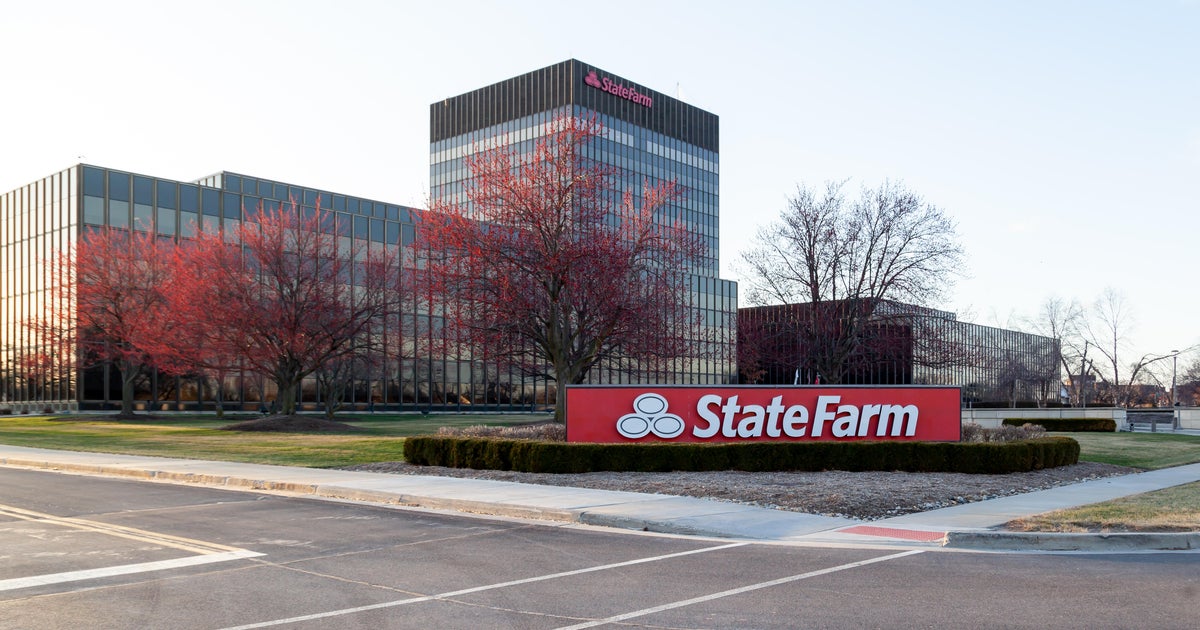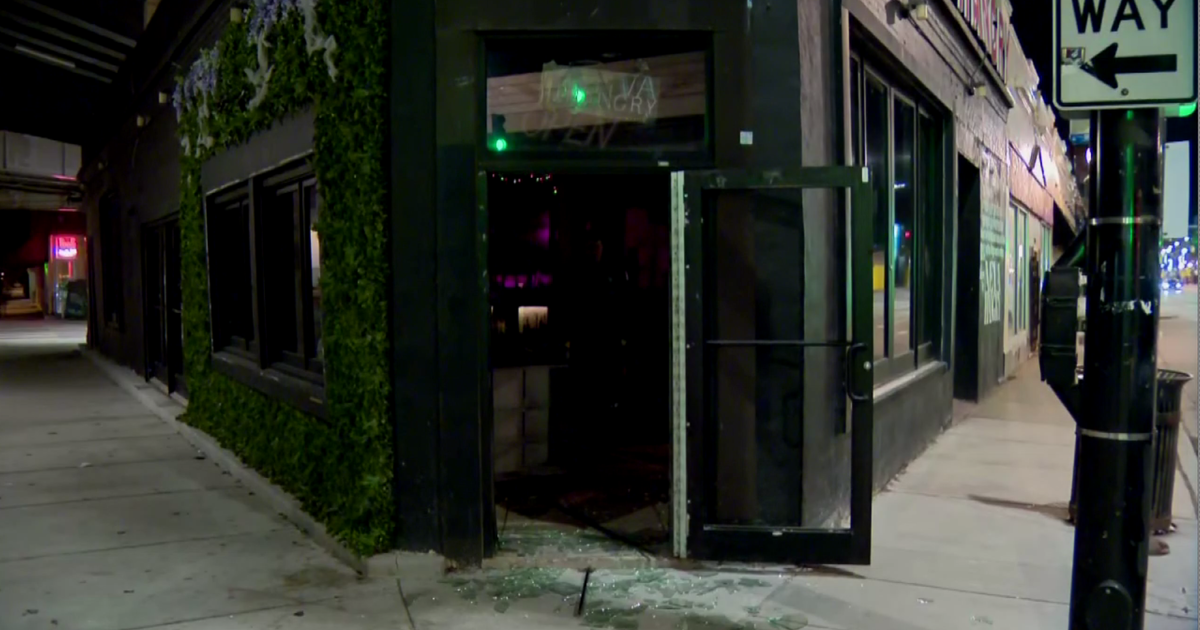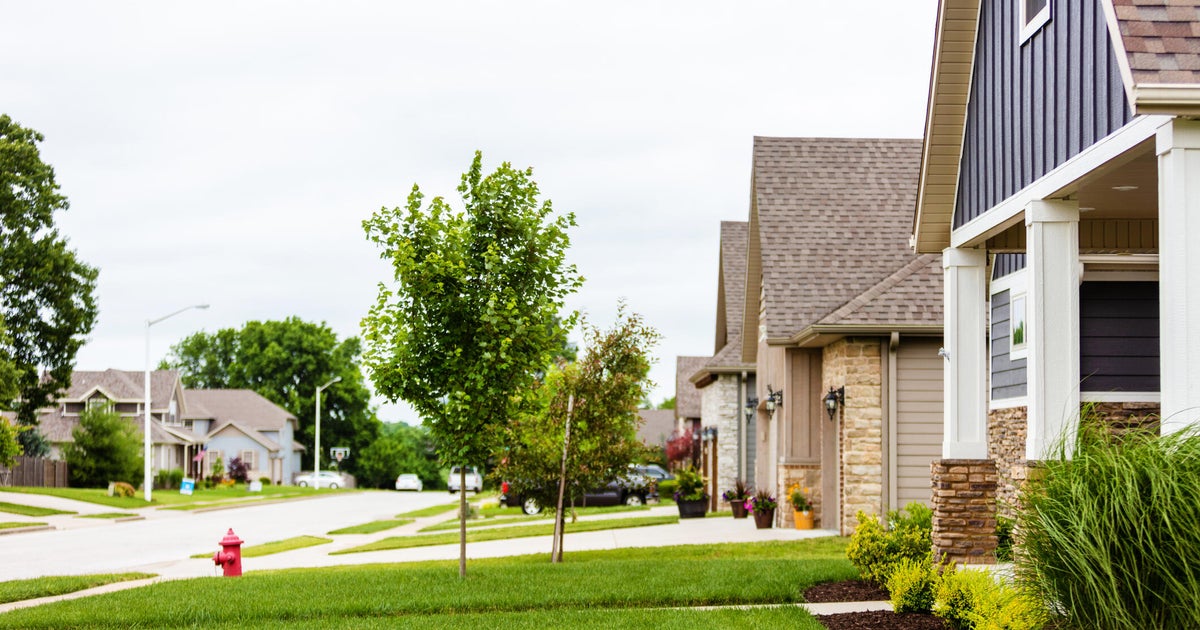Restrooms for customers only? In most cases, it's legal
Starbucks, trying to recover its reputation after two black men were arrested in one of its locations, has decided to open all its restrooms to people in its stores for now whether or not they make a purchase. While the owners of other businesses might want to follow suit out of kindness or community spirit, many may decide to stick with a "customers only" policy.
They have the legal right to do so in most cases. Employers are required by federal law to provide restrooms for their workers, but not for anyone else. State and local laws cover the requirements for restaurants and other businesses to make restrooms available to the public, and they vary widely.
Many laws require restaurants to provide restrooms for customers if they have a specific number of customer seats — in New York City, it's at least 19. But according to the city's website, "food establishments with 19 or fewer customer seats are not required to provide bathroom access to the public."
And 16 states and some municipalities have what's known as the Restroom Access Act, which requires retailers to allow people with medical conditions including inflammatory bowel disease to have immediate access to the employee restroom. There are some limitations; for example, if there aren't enough employees to assist the person in need and keep the store staffed and secure.
Business owners also can't violate civil rights laws when they say "no" to someone. If they open up the restrooms to customers, it needs to be for people without regard to races, religion or sex.
But beyond those requirements, it's up to a business owner to determine whether a restroom will be available to customers or other people. Many owners say no because they don't want people loitering in restrooms, or don't want additional traffic through their establishments. But if one of their regular customers is passing by and needs to use the restroom, many owners will say yes, out of goodwill.
Starbucks had given store managers discretion about letting non-customers use restrooms but is reviewing is policies after the April 12 incident in Philadelphia. One of the two men asked to use the restroom without making a purchase and was refused; the two then sat to wait for a friend. The store manager called the police, who arrested the men; they were later released. A widely seen video of the incident pressured Starbucks to react.
There are practical reasons for owners to decide against opening their restrooms to all. Publicly used restrooms need to be cleaned frequently or the business could get a reputation for uncleanliness. That means having a staffer stop serving customers and tidy up, perhaps several times a day. Even if an owner makes a restroom available to customers, banning non-customers can reduce the number of times it has to be cleaned.
The physical layout of a restaurant or store may also determine whether a restroom will be available. Small coffee shops don't have the space for a public restroom.
But if owners are savvy, when they say no to anyone, they'll be able to tell that person where they're likely to find a nearby restroom that anyone can use.



